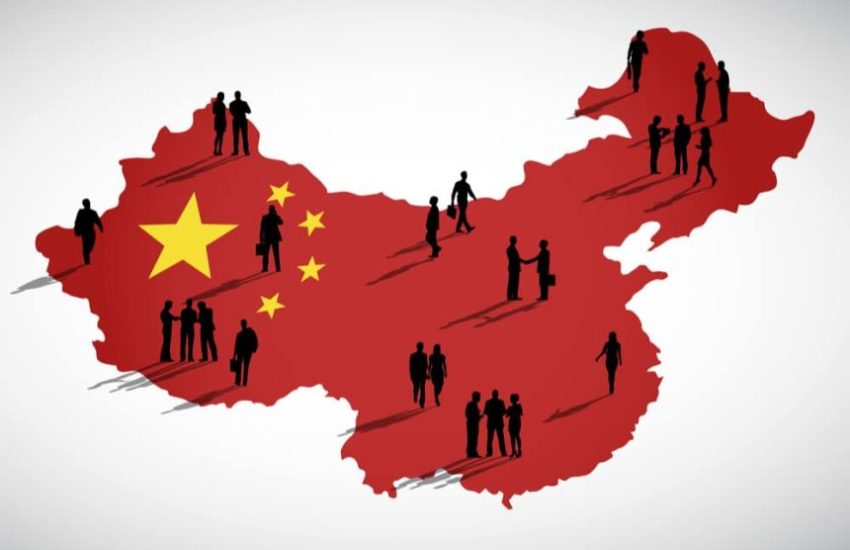Negotiating a business deal in China can be a complex and rewarding experience. Chinese business culture emphasizes relationship building, long-term partnerships, and a respect for hierarchy. Understanding these nuances and adapting your negotiation style is crucial for achieving success. This blog delves into the key characteristics of Chinese business negotiations and equips you with effective strategies to navigate the process and secure a win-win outcome.
Decoding the Nuances: Key Aspects of Chinese Negotiation Styles
Here are some key aspects of Chinese business negotiations to be aware of:
- Focus on Relationships: Building trust and rapport is paramount. Invest time in getting to know your counterparts and fostering a sense of mutual respect.
- Indirect Communication: Chinese negotiators often communicate indirectly, avoiding direct confrontation or “losing face.” Pay close attention to non-verbal cues and underlying meanings.
- Patience is Key: Negotiations can be lengthy and involve multiple rounds. Be patient, avoid making hasty decisions, and be prepared to compromise.
- Hierarchy Matters: Decision-making authority often rests with senior officials who may not be present at the initial negotiation table. Respect the hierarchy and avoid pressuring lower-level representatives.
- The Art of Guanxi: “Guanxi” refers to the importance of relationships and connections. Consider leveraging introductions or partnerships with trusted individuals to enhance your credibility.
Strategies for Effective Negotiations with Chinese Businesses
By understanding these cultural nuances, you can develop effective negotiation strategies:
- Do Your Research: Thoroughly research the Chinese market, your counterparts’ company, and their negotiation styles.
- Prepare a Clear Offer: Have a well-defined opening offer and be prepared to justify your pricing and terms.
- Be Flexible: While having a bottom line, be prepared to make adjustments and find common ground.
- Non-Verbal Communication: Maintain eye contact, use respectful body language, and avoid appearing aggressive.
- Silence Speaks Volumes: Don’t be afraid of comfortable silences; allow your counterparts time to deliberate and save face.
- Celebrate Success: Once an agreement is reached, celebrate the successful partnership. This reinforces the positive relationship.
Beyond the Negotiation Table: Building Trust and Long-Term Partnerships
Remember, a successful negotiation in China is often the beginning of a long-term partnership, not just a one-time transaction:
- Fulfill Your Commitments: Meeting deadlines and upholding your end of the deal is crucial for building trust.
- Maintain Communication: Regular communication fosters trust and strengthens the partnership.
- Invest in Relationships: Building genuine connections with your Chinese partners goes beyond business; it’s about mutual respect and understanding.
Conclusion: Embrace the Cultural Dance
Negotiating with Chinese businesses requires cultural sensitivity, patience, and a willingness to adapt your approach. By understanding their negotiation styles, implementing effective strategies, and prioritizing relationship building, you can navigate the process with confidence and secure a mutually beneficial agreement that lays the foundation for a thriving partnership in the vast and dynamic Chinese market. So, embrace the cultural dance of Chinese business negotiations, and watch your deal-making prowess flourish in the land of the dragon.



